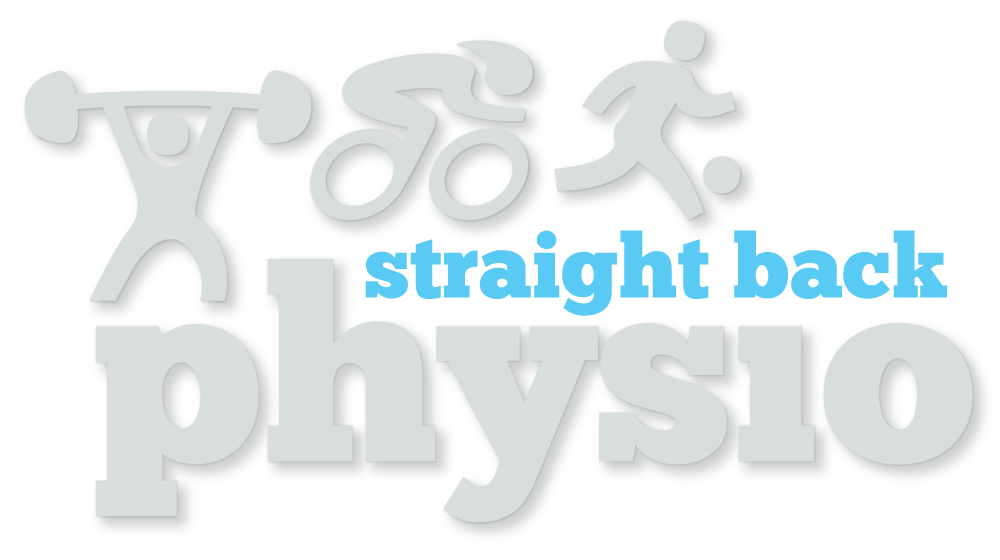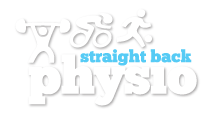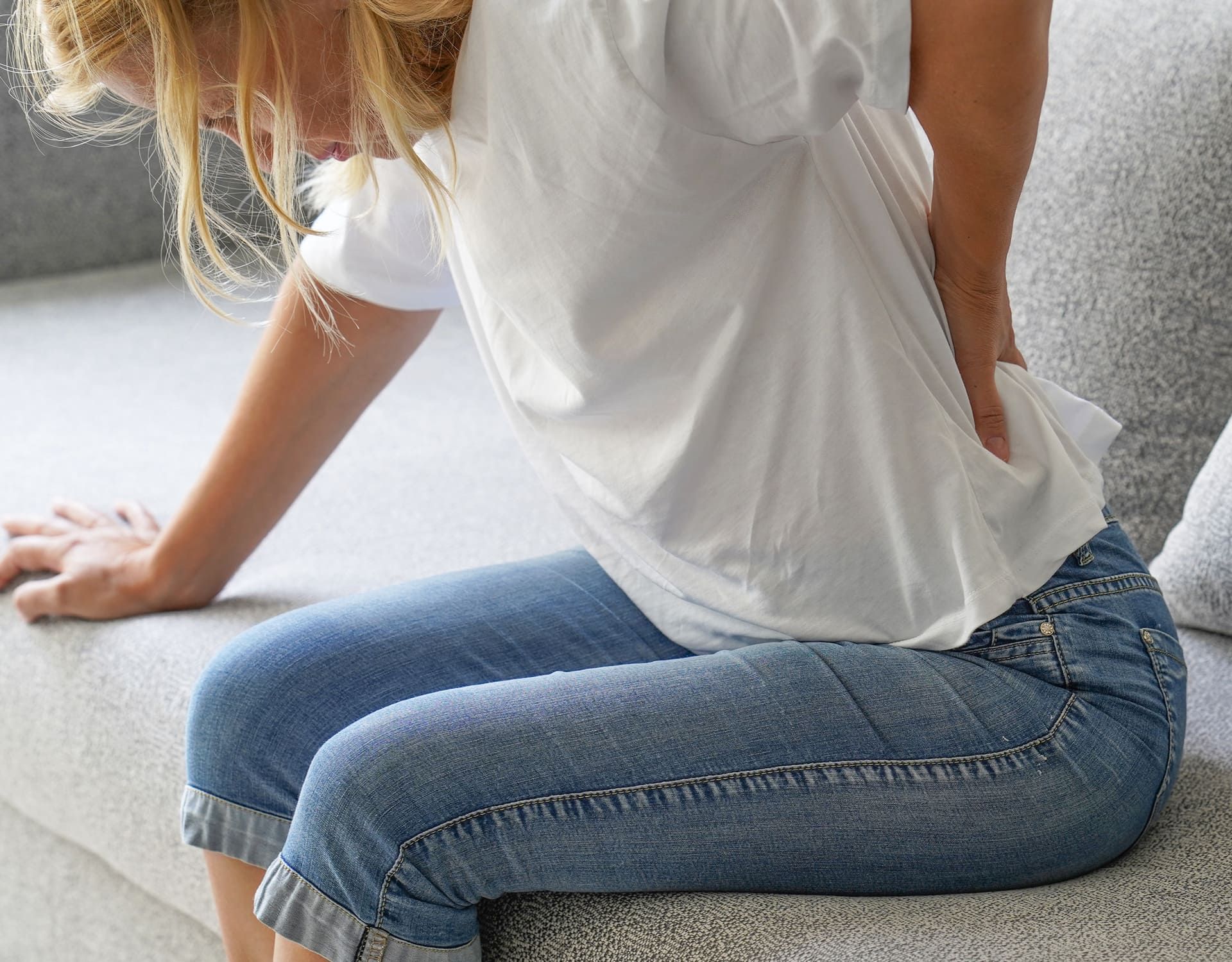physiotherapy and Pilates in Cheltenham
physiotherapy led health and fitness
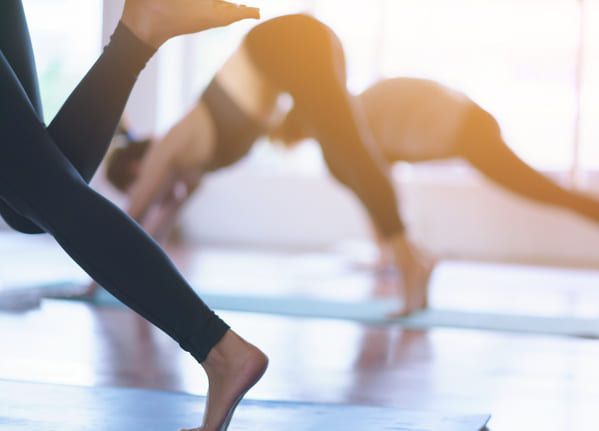
physiotherapy and pilates
If you have been injured you may have gone to a physiotherapist for treatment, however few people are aware how effective pilates can also be. both physiotherapy and pilates work well on their own, but they both have weaknesses, luckily physiotherapy's strengths compensate for pilates weaknesses, and vice versa. Sarah our pilates expert is fully qualified with the Australian Physiotherapy and Pilates Institute to apply pilates for rehabilitation purposes.
Just like in a normal physiotherapy assessment we will start with a thorough assessment of the your medical history, current physical condition, and rehabilitation objectives. This is essential to get to the root of your issues and tailor a Pilates program to match your unique needs.
Some movement patterns can place unnecessary load on our joints and soft tissues which can slow down recovery. Pilates exercises are useful not just as a rehabilitation tool, but also as a preventative measure for injuries in general.

“Straight back Physio has helped me enormously over the years with various niggles I’ve picked up playing squash. They find and address the problem quickly, then set a fantastic programme where I come away feeling stronger than before I got injured. Great physios - would highly recommend.”
Matt, Google review
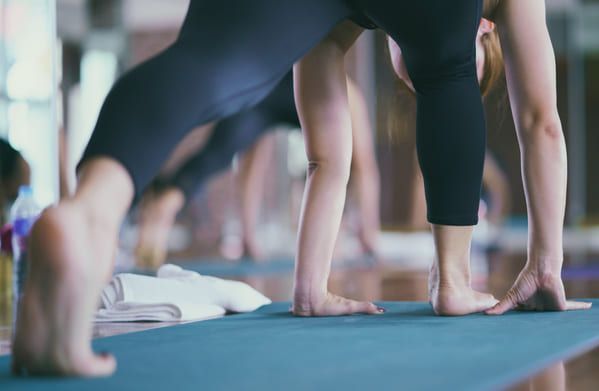
pilates in rehabilitation
Conventional physiotherapy often involves patients being given a set of exercises that may be too hard for them to tolerate. It might be because they cause too much pain, or perhaps they are not aware of how to correctly position their body for maximum results.
Pilates is a whole-body exercise that can be modified to suit the individual and promote agility, strength and posture. It is recommended by physiotherapists to help regain strength, mobility and balance.
Rehabilitation is a journey of healing, and Pilates has emerged as a transformative ally in this process. The body needs to keep moving and Pilates for rehabilitation allows this in a gradual and safe manner.
improve strength and flexibility
When injury occurs, there is almost always some associated loss of the ability to move normally. It is common for post-injury or post-surgery flexibility to be reduced as a result of pain, swelling, muscle guarding, or spasm; and shortening of connective tissue and muscle; loss of neuromuscular control; or some combination of these factors.
Restoring normal range of motion (ROM) following injury is one of the primary goals in any rehabilitation program. The precise movements and emphasis on core engagement within Pilates helps to restore overall strength and stability in both major and minor muscle groups and improve overall range of motion.
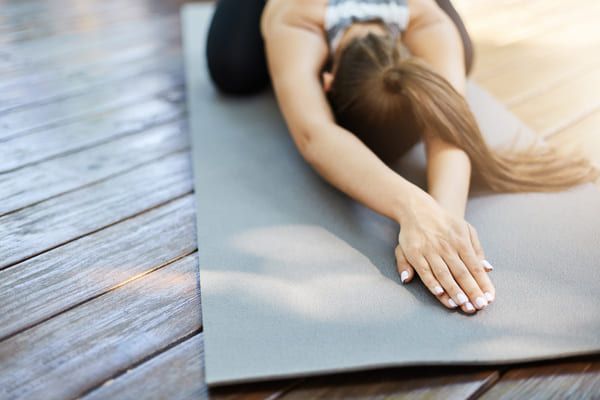
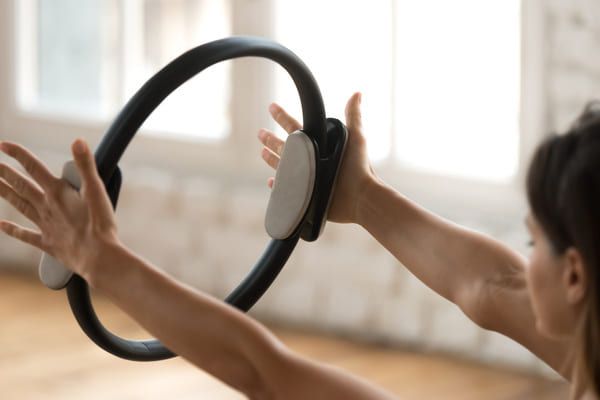
Reducing pain and discomfort
Quality rehabilitation can help reduce pain and discomfort after an injury or surgery. By using a combination of targeted exercises and other techniques, our specialised rehabilitation therapists can give you advice on the right type of exercise and activity to help you feel and move better so you can get back to your normal activities with ease.
Pilates, as an exercise therapy, is widely used in clinical rehabilitation of people of all ages. Pilates has been proven to have positive effects in relieving discomfort in shoulder, neck and low back pain, enhancing joint mobility, and improving physical balance ability which is especially useful in reducing the risk of falling in the elderly.
Treated as an individual
Each person responds differently to an injury and therefore this also applies to rehabilitation. Unique differences in injury and body type can change your experience and response to different rehabilitation approaches. There is rarely a suitable one-size fits-all solution that you can downloaded from the internet, which is why seeking professional support is so important.
Pilates exercises can be modified to meet your needs, and your current state of recovery. If you are in acute pain there are plenty of modifications that we can do to work around the affected area whilst still creating the strength and support you need.
Pilates can also alleviate aspects of the psychological toll an injury places on an you as an individual. It is not a mindless exercise. It asks you to connect the mind and the body - it requires self-responsibility. As a result, you play an integral role in your own healing.
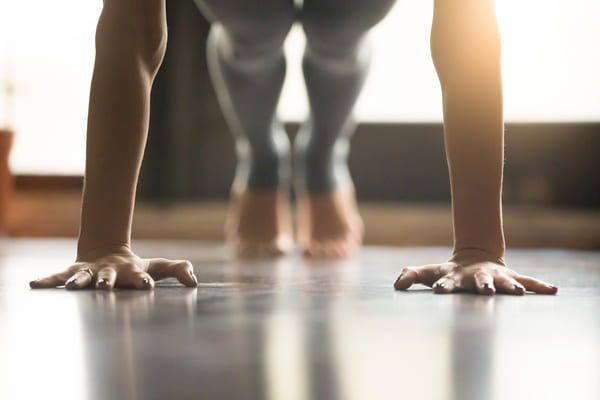
What injuries Can pilates Treat
lower back pain
When you’re experiencing lower back issues, most doctors recommend avoiding strenuous exercise, as one wrong move can make the problem much worse. This means that exercises, such as jogging, weight lifting, and traditional aerobics, should be avoided while you recover. Pilates, however, is different which is why we use pilates for sciatica pain relief.
One of the main focuses of Pilates is to strengthen the deep abdominal muscles and the pelvic floor. These are the places that provide back support. A Pilates program will build core strength, rebalance chronically stressed musculature and restore vital circulation, all reasons why people with back pain find relief!
Knee pain
Your knee joints are one of the most important joints in your body, they help you carty out daily activities like going up and down stairs. Which is why knee pain can have s big impact on your quality of life. Pilates can help to improve alignment, strengthen the core, and improve flexibility, and mobility to relieve pressure on the knee joints.
Pilates is one of the most effective ways to build and develop strong, healthy knees because it strengthens the muscles around the knee and helps with patella tracking. By focusing on core activation Pilates can help 'de-weight' the joints of the lower body, including the knees, and in turn help with knee pain.
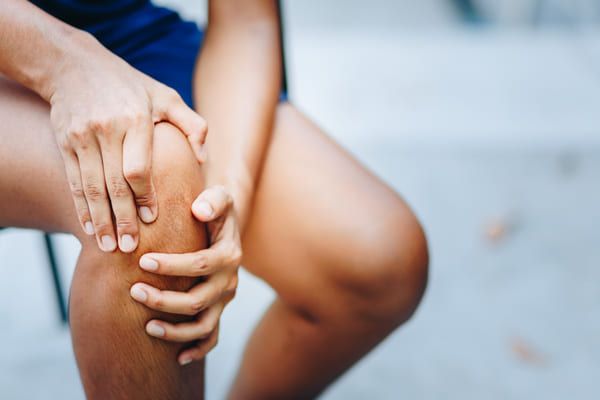
shoulder pain
Strong shoulders are key for everyday life and are often not thought about enough. Resting the shoulder after an injury is often not the best form of treatment, and usually only provides temporary relief. We need to get our shoulders stronger and more controlled if we want to fix shoulder issues for the long term. At any given time it is estimated that 20% experience pain related to the shoulder.
Usually caused by impingement and tendonitis, shoulder pain is common amongst athletes in sports such as swimming, tennis, weights and gym work, especially if they have acquired an injury.
Using pilates for shoulder pain can be incredibly beneficial as it works to balance muscles around the shoulders. We work on shoulder mobility, shoulder strength, and stability. Setting your position correctly during the workout will make sure you are able to target the muscles we are setting out to strengthen.
post-surgery
Using post operative pilates is a good choice for people rehabilitating after surgery. It addresses specific challenges that people face when recovering from surgery, as well as helping them gradually increase fitness at a time when they may otherwise be fairly sedentary.
One of the biggest concerns when recovering from abdominal surgery is how best to rebuild abdominal muscles, Pilates is great for strengthening these. After joint replacement surgery, Pilates enables people to learn to rebuild movement in the joint as well as the body as a whole. People who have had ACL (Anterior cruciate ligament) reconstruction benefit from strengthening the muscles around the knee joint.
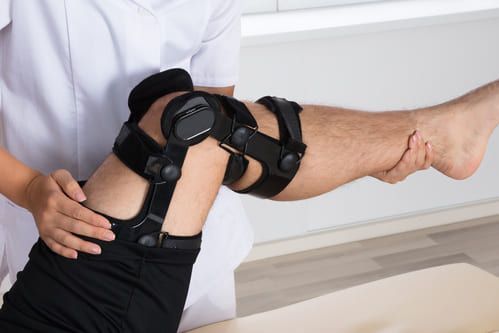
Book now
At our Pilates studio in Cheltenham, Gloucestershire you can feel assured that exercises will be performed safely, effectively and modified to the appropriate level for you under the expert guidance of an experienced Physiotherapist.
We understand that some people may want to find out a bit more about the cost before they book an appointment at our physiotherapy clinic. Our unique
save as you recover packages can save you up to 20% on the cost of a single session.
For most injuries our chartered physio can usually treat you within 4 to 8 sessions.
Insured
We can either work directly with your insurance company or we can provide receipts for patients who use cash-based plans so you can reclaim your treatment costs.
Not Insured
You can book an appointment on a self referral basis, without the need for seeing your GP first.
Why Choose Us
No other local physiotherapy clinic can offer you the same level of physiotherapy and rehabilitation that we can, simply because they don't have our level of experience and our in-house gym facilities.
This is how we gained our reputation of treating patients when other physios may have failed.
Contact Information
Quick Links
Our Location
© Copyright 2024 | All Rights Reserved | Straight Back Physio
